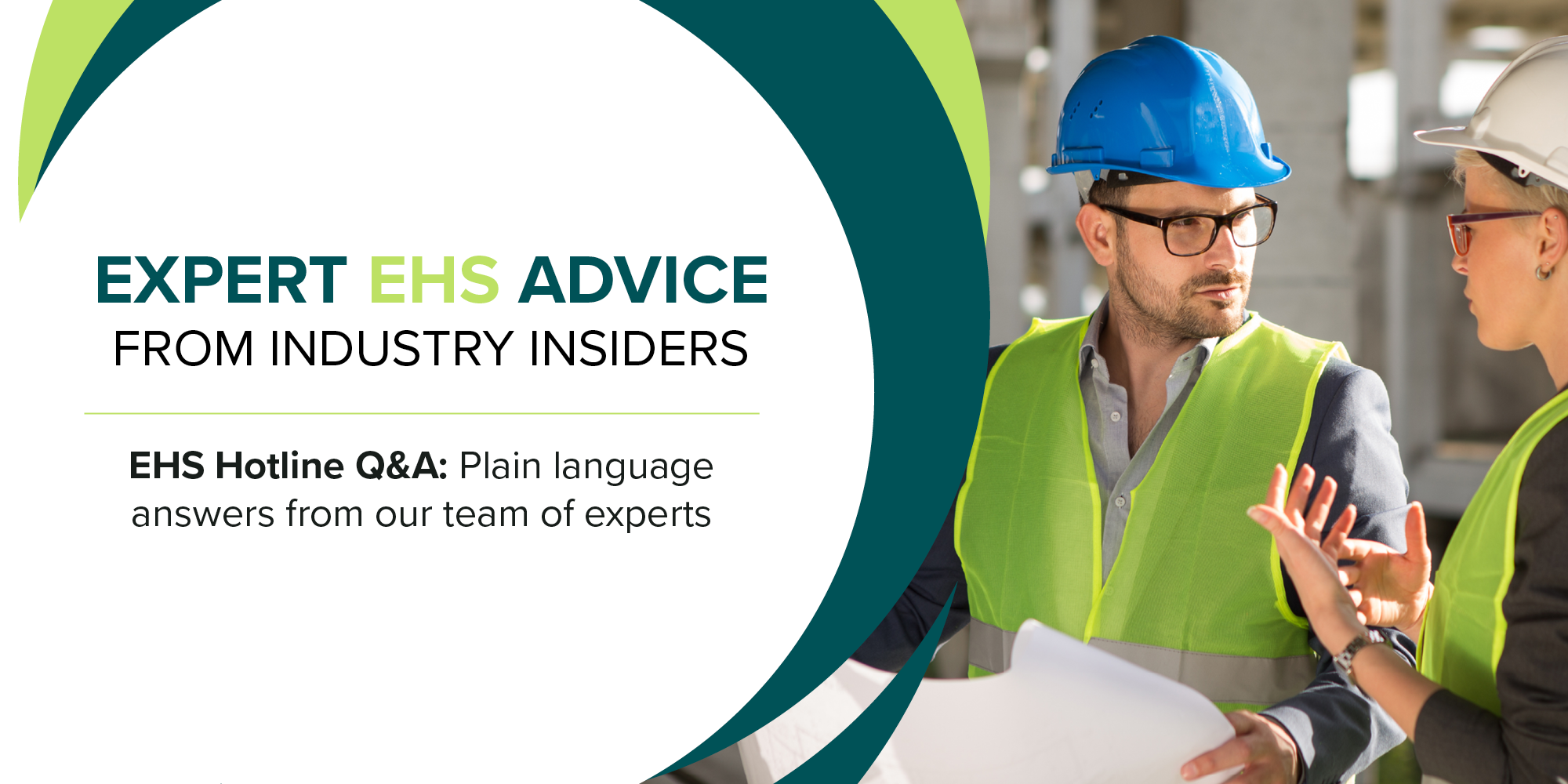
Q&A: Are vehicle batteries reportable under EPCRA Tier II?
Are batteries in vehicles reportable under EPCRA Tier II? Why would this be a concern to emergency responders when more dangerous things are present like fuel tanks?
The Environmental Protection Agency (EPA) offers this guidance when addressing vehicles and their batteries: “Hazardous chemicals present in vehicles that are part of a facility, because they are used for activities within the facility or held for sale by the facility, would be considered [i.e. reportable] for purposes of [40 CFR] Part 370 [i.e., SDS and Tier II reporting] because the chemicals would be considered “present at the facility.”
However, exemptions may apply to the chemicals in such vehicles, such as the personal or household product exemption under [EPCRA] Section 311(e)(3) for some car batteries.
The [EPCRA] Section 311 and 312 requirements would not apply to chemicals present in vehicles that are not part of a facility because they are engaged in transportation and are exempt as “chemicals in transportation” under [EPCRA Section] 327. For example, hazardous chemicals in a forklift [including industrial forklift batteries] used only within the facility would need to be considered [i.e., reported], while chemicals in delivery trucks parked occasionally at the facility for unloading would not.
Emergency responders must know all possible dangers they might face when dealing with an incident at the facility. Batteries, specifically sulfuric acid, have different dangers than fuel tanks. First responders must know and be ready to handle these dangers.
What is EHS Hotline?
Subscribers of EHS Hero get access to our team of in-house subject matter experts. EHS Hotline allows subscribers to submit questions and receive timely, thorough, and plain-language answers from our team of experts—complete with resources and references.
The purpose of EHS Hotline is to help connect workplace employment, safety, and environment questions to the material provided by BLR on its subscriber websites. While the service is defined as providing advice, it is assistance to help bridge the gap between the BLR compliance resources and our client’s workplace issues. It is not a legal opinion or replacement for seeking legal counsel.



